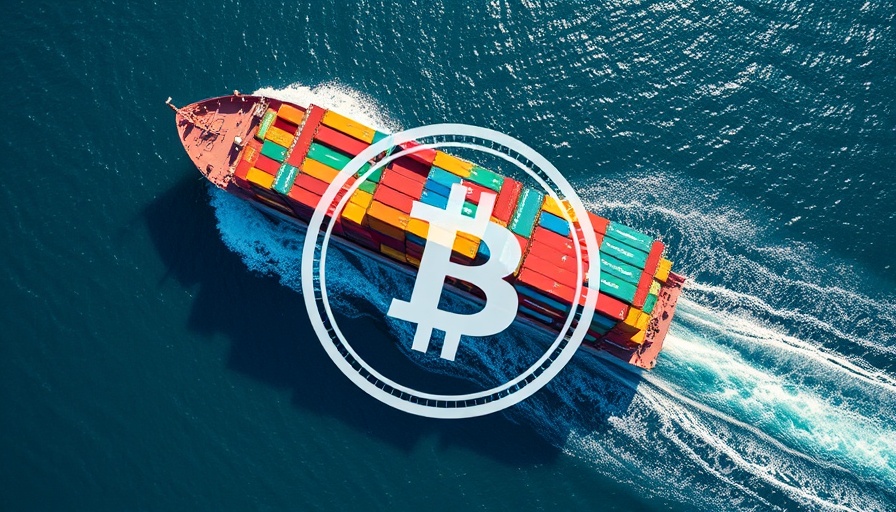
Understanding Cryptocurrency's Role in Sanctions Evasion
As the global economy continues to grapple with complex geopolitical tensions, the emergence of cryptocurrencies has significantly impacted how countries under sanctions manage their financial activities. In Episode 154 of the Public Key podcast, Eitan Danon discusses this shift with Kimberly Donovan, a leading figure in economic statecraft. Their conversation hinges on crucial terms such as 'Economic Statecraft,' 'Jurisdictional Arbitrage,' and the growing phenomenon dubbed the 'Axis of Evasion.' This episode unpacks how blockchain technologies are being utilized by sanctioned nations like Russia, China, and Iran to circumvent traditional economic barriers and trade restrictions.
The Axis of Evasion and Its Consequences
Donovan's insightful commentary draws attention to how various nations collaborate to bolster their economies through innovative, albeit illicit, financial strategies. The podcast highlights that this axis—where countries under sanctions engage in mutual support—poses a significant threat to global financial security and international policies aimed at limiting hostile activities. The discussion indicates a shift from traditional financial systems to decentralized networks, urging a need for robust compliance measures in cryptocurrency transactions.
The Importance of Compliance in Crypto
In the podcast, the speakers emphasize the importance of Anti-Money Laundering (AML) and Counter Financing of Terrorism (CFT) initiatives that can help counteract the misuse of cryptocurrencies for illegal activities. As transaction methods evolve, the need for accessible blockchain analysis and regulatory tools becomes crucial to ensuring that illicit financial networks do not thrive unchecked. This perspective highlights the delicate balance between technological advancement and the necessity for regulatory measures to ensure that crypto serves as a tool for financial inclusion rather than evasion.
Conclusion: The Future of Global Trade in a Blockchain Era
As cryptocurrency continues to reshape the contours of global trade and economic governance, investors and traders must be vigilant and informed. Understanding the complexities of blockchain's interactions with international sanctions is not just about protecting oneself from potential legal ramifications; it also fosters a broader narrative on how financial systems must adapt to changing geopolitical landscapes. For traders and crypto enthusiasts alike, being aware of these dynamics is key.
 Add Row
Add Row  Add
Add 




Write A Comment